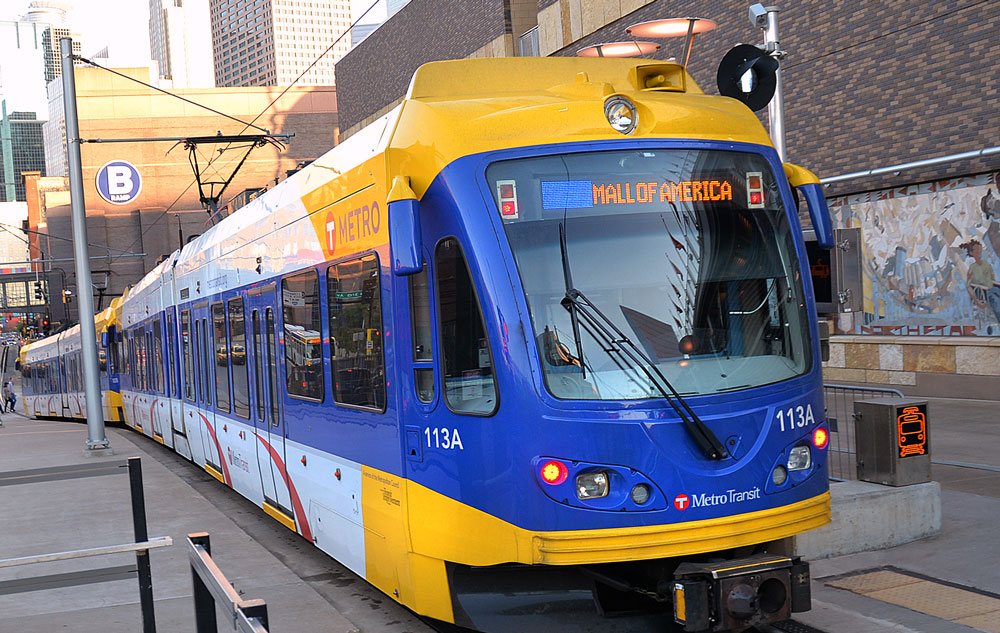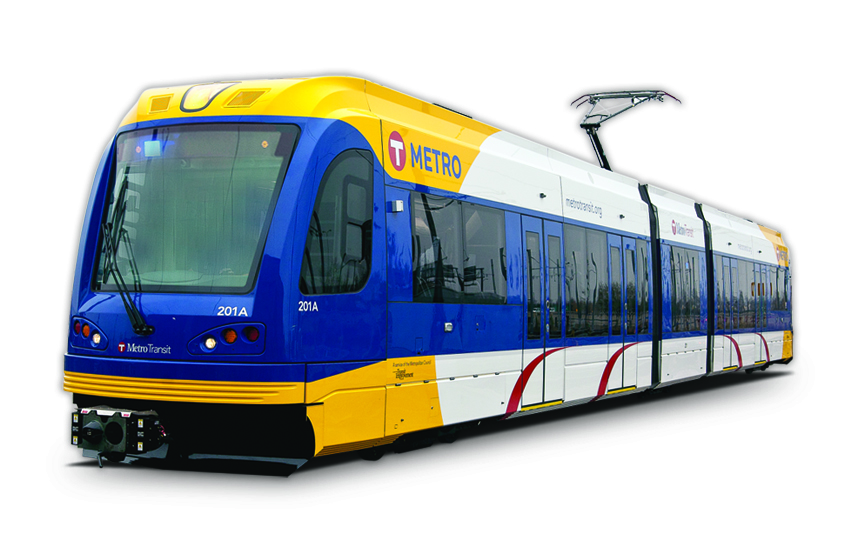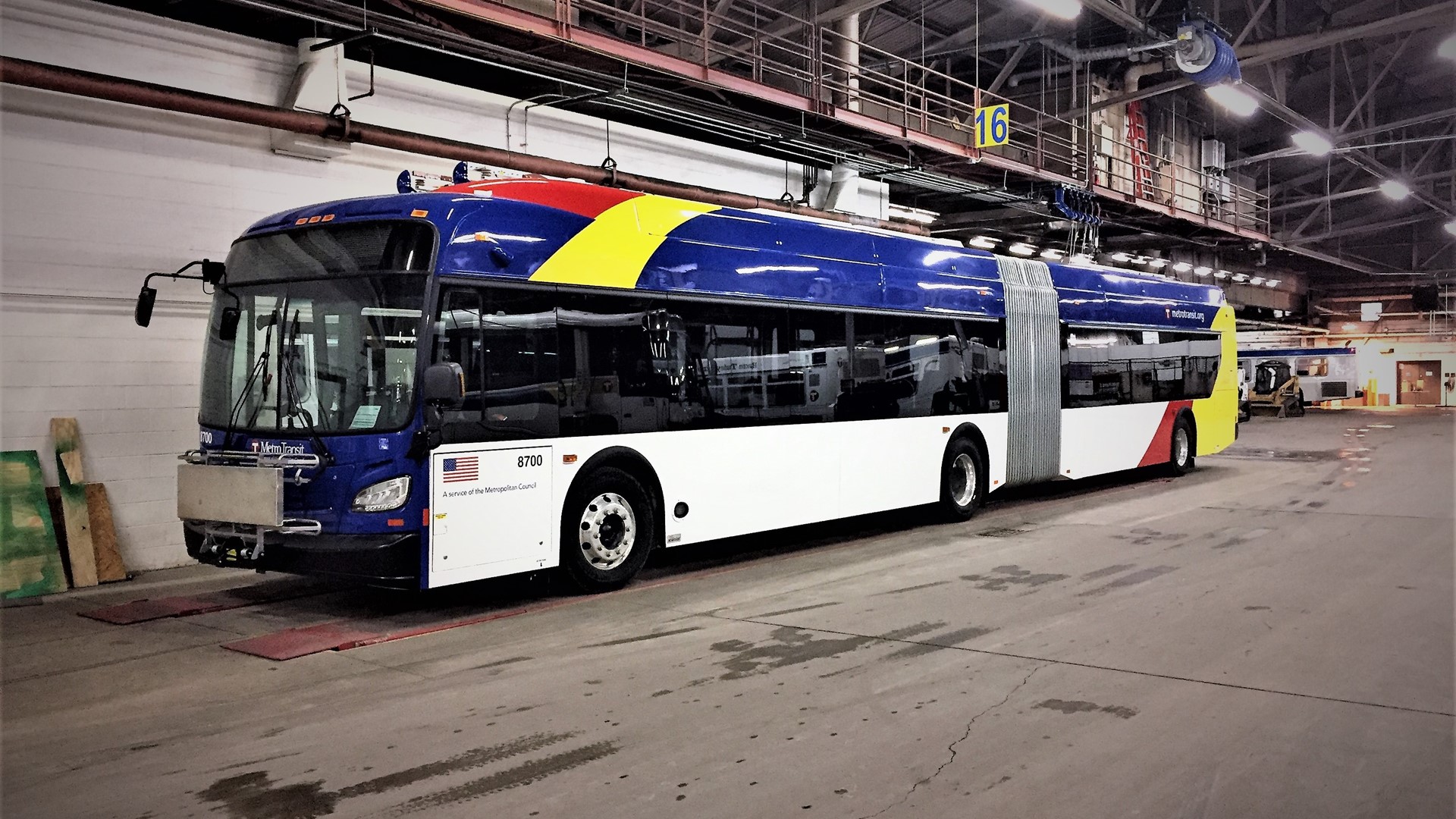Metro Transit - Getting Around And Staying Safe
For many folks, a ride on public transportation, especially a metro transit system, is just a regular part of the day. It helps us get where we need to go, whether that's for work, school, or just to visit friends. But have you ever thought about all the different people and processes that work behind the scenes to keep those trains and buses moving smoothly and, more importantly, to keep everyone safe? There's quite a bit that goes into making sure your daily trip is as easy and secure as possible, you know.
It's not just about the trains pulling into the station or the buses stopping at their spots. There are people making sure the equipment is working, and then there are those who help keep an eye on things, making sure everyone feels comfortable. This whole system, in a way, relies on many different roles, each playing a part in the larger operation. It's really something to think about, how many individuals contribute to what seems like a simple ride.
So, we're going to take a closer look at some of the folks who make it all happen, from those who protect the property to the ones who help you if you have a question. We'll also touch on what it takes to join these teams and some of the ways they keep the transit environment secure. It's pretty interesting, actually, to see how all the pieces fit together for your metro transit experience.
Table of Contents
- The People Behind Your Metro Transit Ride
- Getting on Board - The Metro Transit Police Path
- Who's in Charge? Understanding Metro Transit Dynamics
- Keeping Things Safe - The Metro Transit Police Role
- Considering a Career with Metro Transit?
- Starting Strong - The Metro Transit Academy
- Are Metro Transit Tests Really That Hard?
- A Look at Other Metro Transit Security Opportunities
The People Behind Your Metro Transit Ride
When you think about the folks who keep our public transport systems going, a lot of different jobs probably come to mind. There are the train operators, the bus drivers, and the people who fix the tracks, of course. But there are also many individuals working in roles you might not always see directly, yet they are very important for the smooth running of things. For instance, there are people whose main focus is on safety and keeping things orderly for everyone using the system, that is something to consider.
These roles often involve a specific set of duties and a certain level of responsibility. Someone might be, for example, a Transit Security Officer II. This position, you know, has its own pay scale, like a T05 grade, which gives you a bit of an idea about the kind of work involved and where it fits in the larger organization. It's about more than just showing up; it's about having a clear set of tasks to perform to help keep the whole metro transit environment secure for daily travelers.
These security officers are typically involved in making sure rules are followed and that everyone stays safe on the trains, buses, and at the stations. Their basic purpose is to assist in maintaining a secure atmosphere for all passengers and property within the transport system. So, while you might not always notice them, they are a pretty key part of what makes public transport a reliable option for so many people, especially when you think about it.
What Does a Metro Transit Security Officer Do?
A Transit Security Officer, especially one at a higher level like a "II," has a pretty important job. Their main work involves looking after the safety of everyone who uses the metro transit system, and also making sure that the property itself stays safe. This could mean keeping an eye on things at stations, on the trains, or even at bus stops. They are there to help prevent problems before they start, which is a big part of their daily routine, you know.
They might respond to situations that come up, like disturbances or anything that could put people at risk. Their duties are often quite broad, covering everything from making sure people follow transit rules to assisting passengers who might need help. It's about being a visible presence, really, and offering a sense of order to the public transport experience. So, in a way, they are like guardians of the daily commute, making sure everyone can get where they need to go without worry, that is their main aim.
Getting on Board - The Metro Transit Police Path
If you've ever thought about working in law enforcement, especially with a focus on public transportation, you might wonder what it takes to join a group like the DC Metro Transit Police Department. It's a path that involves a few steps, and it starts with proving you have what it takes through various tests. For example, some people have shared that they recently took and passed the initial test for this very department, which is a significant first step, you know.
Passing that initial test is a big hurdle to clear, but it's just the start of the process. After that, there are more things to complete before you can move forward. It’s like a series of stages you need to get through to show you are a good fit for the job. This usually involves quite a bit of preparation and making sure you are ready for each new part of the selection process, which is something many hopefuls consider.
What Happens After Passing the Metro Transit Test?
Once someone passes the initial test for a role like with the DC Metro Transit Police, the next steps involve a lot of detailed checking and personal interviews. For example, people are often told they need to fill out a background booklet, which is a very thorough collection of personal information. This booklet helps the department learn a lot about your past, your experiences, and your character, so it's a pretty important document, you see.
After the background booklet is submitted, the next stage is typically an oral board. This is where you sit down with a group of people, usually current officers or supervisors, who will ask you questions. It’s your chance to talk about why you want the job, what you can bring to the team, and how you would handle different situations. They told candidates to learn certain things, which means preparing for these conversations is a big part of getting ready for this stage, too it's almost a given.
Who's in Charge? Understanding Metro Transit Dynamics
In any large organization, especially one that operates something as complex as a public transit system, there are often different groups of people with different roles and responsibilities. Sometimes, these roles might seem to overlap, or there might be moments where it's not entirely clear who has the final say in a particular situation. This can lead to some interesting interactions between various team members, you know, when things get a bit unclear.
For example, there was a situation where a station manager apparently told a metro transit police officer, "you work for me!" This happened when the officer tried to get involved in something that included the station manager. This kind of exchange highlights how different parts of the system might view their authority or their place within the overall structure. It shows that even in well-defined roles, there can be moments where the lines of command or responsibility might feel a little blurry, which is quite common in big operations, actually.
These kinds of moments can be a bit challenging, as everyone is trying to do their job and keep things running smoothly. It just goes to show that communication and a clear understanding of each other's roles are very important in a system like metro transit, where so many different people contribute to the daily operations. It’s about working together, even when perspectives might differ slightly, that is often the key.
Keeping Things Safe - The Metro Transit Police Role
When it comes to ensuring safety across a large public transportation network, there's usually a dedicated group of professionals whose main job is to uphold the law. For the Washington Metropolitan Area Transit Authority, which many people simply call WMATA, the Metro Transit Police is the main law enforcement agency. They are the ones with the primary responsibility for keeping order and safety throughout the entire system, which is a pretty big job, you know.
Their duties are quite broad and cover a significant area. They don't just operate in one city; they have responsibilities in the District of Columbia, as well as in other places that the WMATA system serves. This means they are constantly on the move, covering a wide geographic area to make sure that passengers and property are protected across the entire transit network. It’s a very important function for daily commuters and travelers, really.
Where Do Metro Transit Police Operate?
The Metro Transit Police have a wide reach when it comes to their operational areas. They are not confined to just one city or one state. Their responsibilities extend across multiple jurisdictions that are part of the Washington metropolitan area transit authority system. This includes, for instance, having duties in the District of Columbia. So, they cover the capital city itself, which is a very busy place, you know.
Beyond the District, they also have responsibilities in nearby areas, which means their presence helps keep the entire transit system safe, no matter where you are within its boundaries. This broad area of operation means they are a constant presence, whether you are riding a train or a bus. Some people remember seeing them on other transit lines, like the Metro-North trains and similar services, which shows their wide visibility and reach across different transport systems, basically.
Considering a Career with Metro Transit?
Thinking about a career in public service, especially with a focus on keeping people safe within a transit system, can be a really good option for some. Many people consider applying to departments like the Metro Transit Authority Police. If you're thinking about it, you might be wondering what the process is like, and whether it's a good fit for you. It's always helpful to get some feedback from those who have already gone through it, you know.
People often ask if anyone has recently gone through the application process or is currently going through it. Getting insights from their experiences can be very valuable. It helps you get a sense of what to expect, from the initial application steps to the various tests and interviews. Any feedback, whether it's about the timeline or specific challenges, is usually very much appreciated by those who are considering applying, that is often the case.
What About Metro Transit Police Powers?
It’s important to remember that transit police officers, like those with the Metro Transit Police, have significant authority. They possess statewide police powers, which means their ability to enforce laws and maintain order isn't just limited to transit property. They are fully authorized law enforcement officers, just like other police forces, which is something many people might not fully realize, you know.
Their main job, of course, is to protect transit property and ensure the safety of everyone using the system. This includes everything from the trains and buses themselves to the stations, parking lots, and other related areas. It's their responsibility to make sure these assets are secure and that people can use them without concern. So, if you, for example, parked your car in a transit lot, and a bus didn't see your car there, they would be involved in addressing that situation, too it's almost certain.
Starting Strong - The Metro Transit Academy
For those who are fortunate enough to be hired by a transit police department, the next big step is usually the police academy. This is where new recruits receive their formal training to become certified officers. It's a very intensive period of learning and physical preparation, designed to equip them with all the necessary skills and knowledge for their future duties. It's a big commitment, actually, for anyone starting out.
It's interesting to note that some metro transit departments, like the MTPD mentioned by someone whose brother-in-law just got hired, have their very own academy. This means they have a dedicated place and program for training their new officers, rather than sending them to a general police academy. This allows them to focus the training specifically on the unique aspects of transit policing, which is a pretty good approach, you know.
The brother-in-law, for instance, is starting his academy training next month. This is a very exciting time for new recruits, as they are about to begin a significant phase of their professional development. It’s where they learn the ins and outs of law enforcement, specifically tailored to the environment of public transportation. It’s a foundational step for their entire career, really, in that field.
How Does the Metro Transit Academy Prepare Officers?
Having its own academy means that a metro transit police department can provide very specific training that directly relates to their daily work. This academy, for example, is able to get new officers certified in more than one place. It certifies them to be police officers in both Washington D.C. and Maryland, which is a pretty big deal. This dual certification means they can perform their duties across different parts of the transit network without issues, you know.
The training at such an academy covers a wide range of topics, from legal procedures and self-defense to understanding transit operations and community relations. It prepares them for the diverse situations they might face while protecting passengers and property on the metro transit system. So, it's a very thorough preparation that ensures they are ready for the varied challenges of their job, that is for sure.
Are Metro Transit Tests Really That Hard?
When it comes to joining any law enforcement agency, the initial tests are often a significant hurdle. People frequently wonder about the difficulty of these exams. Some have shared that they found a particular test quite difficult, even if they felt they passed it. They might think, "I know I passed it, me thinks, but that was kinda difficult I thought," which really speaks to the challenge involved, you know.
There's often talk that the metro transit police department tests are similar in difficulty to other law enforcement exams. People might ask if anyone else has experienced a test like this, looking to compare their experiences. These tests are designed to really assess a person's abilities, from their problem-solving skills to their knowledge base, so it's not uncommon for them to be quite challenging, that is often the case.
The difficulty of these tests is a way to ensure that only the most prepared and capable individuals move forward in the selection process. It’s a way of making sure that those who eventually become officers are ready for the responsibilities they will hold. So, if you find the test tough, you're probably not alone, and it's likely by design, you know, to really push candidates.
A Look at Other Metro Transit Security Opportunities
Beyond the uniformed police roles, there are often other positions that contribute to the safety and security of public transit systems. These roles might not involve direct law enforcement, but they are still very important for the overall security framework. For instance, sometimes job postings appear for positions like a security specialist, which might be with a government department, you know.
Someone recently saw a posting on a job site, like USAJOBS, for a "security specialist 0080 position" with the Department of Justice in Washington D.C. They wondered if anyone had more information about it. These types of roles often involve analyzing security risks, developing security plans, or managing security systems, which are all vital functions for protecting public assets and people. So, while not directly "metro transit police," it shows a broader interest in keeping things secure, basically.
These roles might work closely with transit agencies, even if they are part of a different department. They might provide guidance or support on security matters that impact public transportation. It just goes to show that there are many different ways to contribute to the safety of our transit systems, beyond just the visible police presence. It's a pretty varied field, actually, when you look at it closely.
So, we've taken a look at various aspects of metro transit operations, from the roles of security officers and police to the rigorous training they undergo. We touched on the journey applicants take, the broad reach of transit police responsibilities across different areas, and even the occasional internal dynamics that can come up. It's clear that a lot goes into keeping our public transportation systems running smoothly and safely for everyone who uses them.

METRO - Metro Transit

METRO Blue Line - Metro Transit

Metro Transit unveils first electric bus | kare11.com